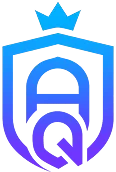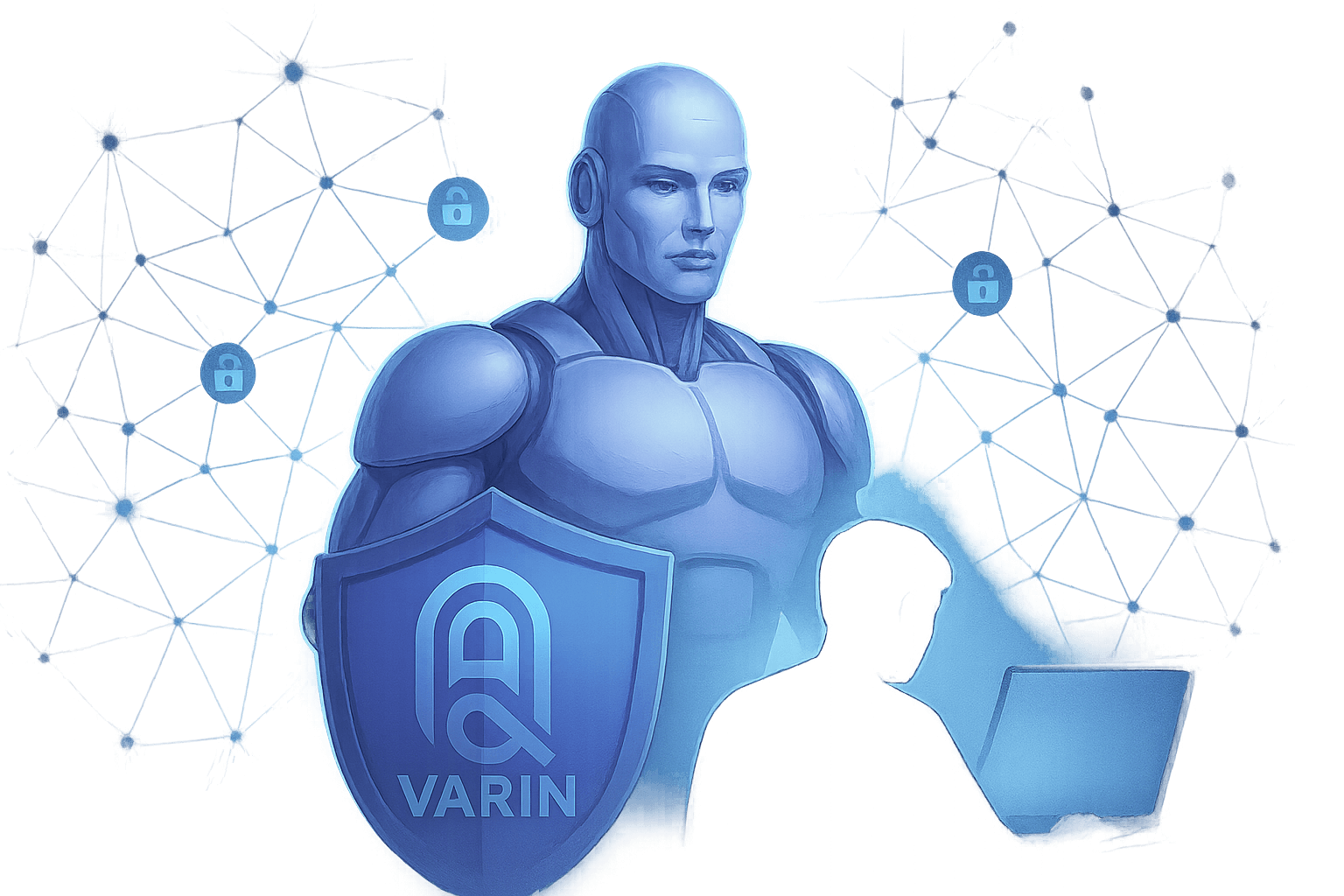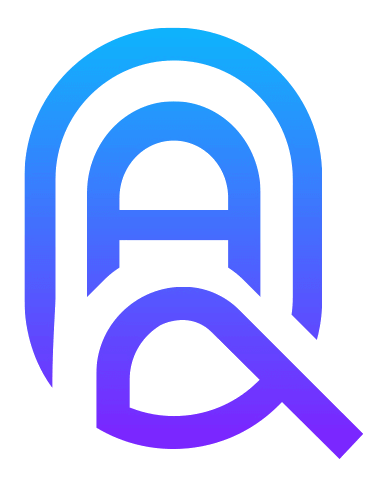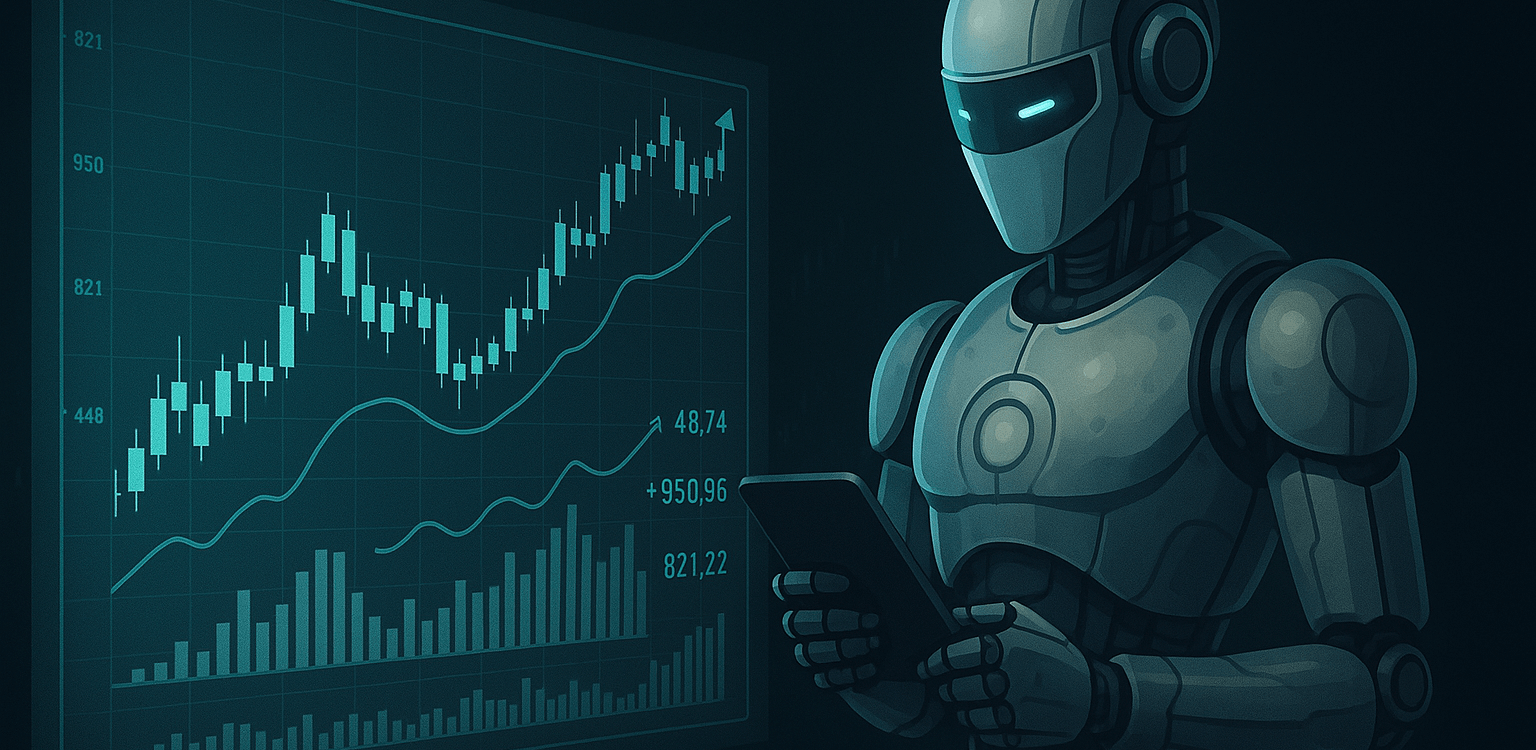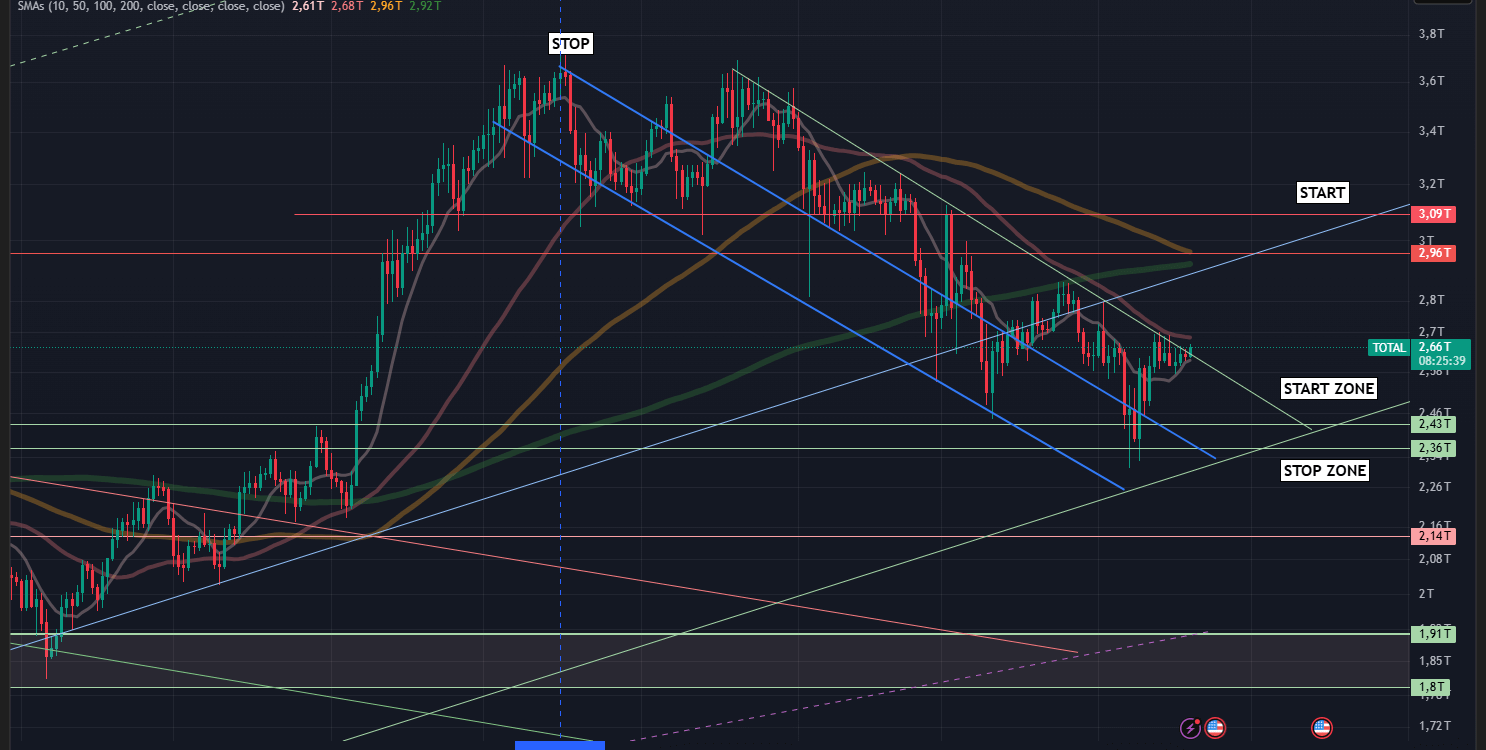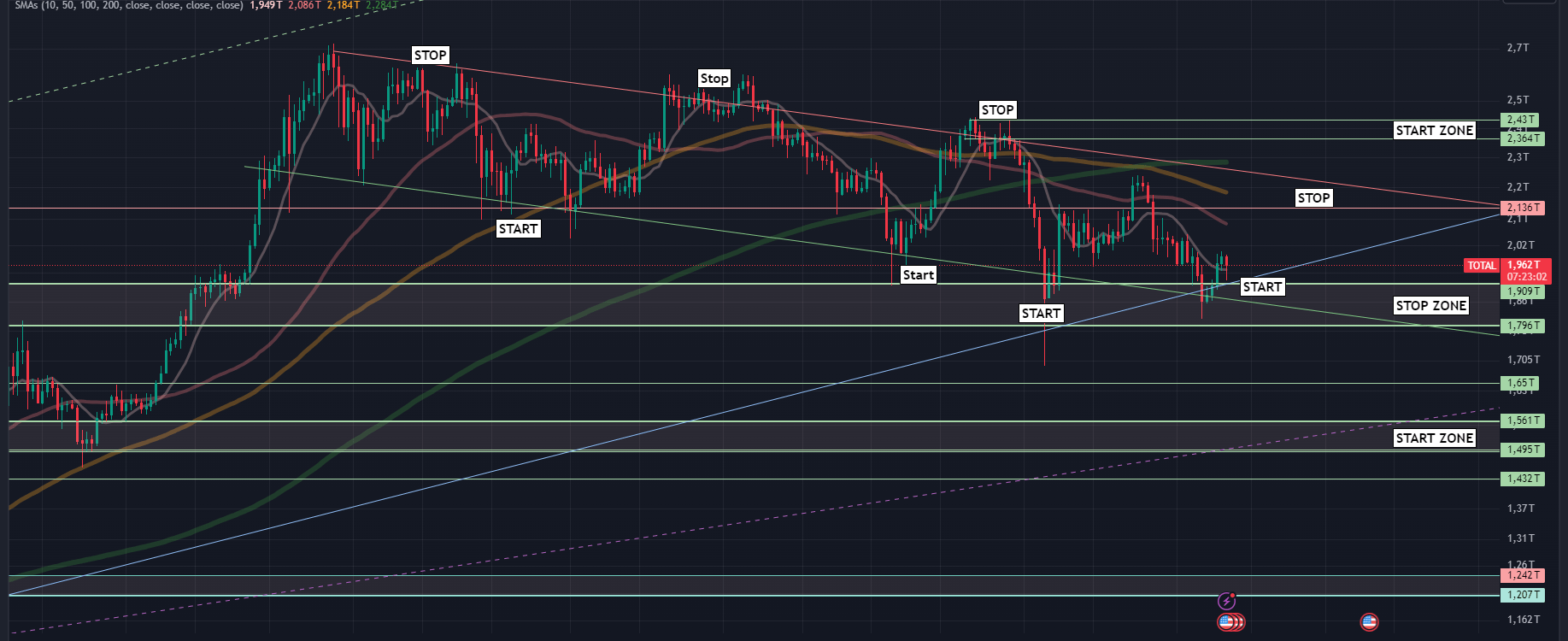
Trading bots and their benefits!
6. March 2023Bitcoin Analysis 09/23/2022
6. March 2023An important feature of blockchain is that there is no central controlling authority. Instead, data is stored in "blocks" that are linked to each other. Each block contains a hash of the previous block, which makes it impossible to subsequently change a block without being noticed.
Another important feature of blockchain is decentralization. Unlike traditional systems where a single entity is in control, blockchain is distributed across many different nodes. Each node has a complete copy of the blockchain, which helps make the system robust and resistant to attacks and failures.
Some of the application areas of blockchain are:
- Cryptocurrencies: As mentioned earlier, the original application of Blockchain was the management of cryptocurrencies.
- Financial services: Blockchain can be used to enable fast and secure money transfers without the need to involve third parties such as banks.
- Supply chain management: blockchain can be used to track the origin of products and ensure that they have been produced ethically and sustainably.
- Identity management: Blockchain can be used to create and manage secure and private identities.






